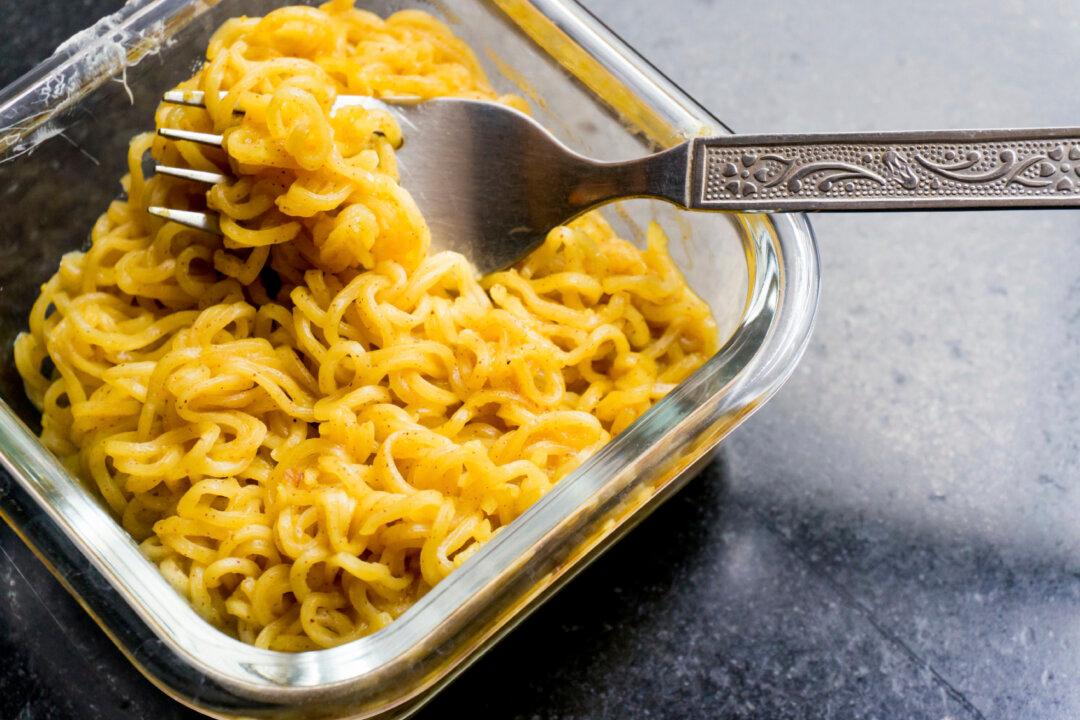A video has been made capturing how the body digests Ramen noodles, and it might serve as a warning to college students who rely on the cheap foodstuff as fuel.
Dr. Braden Kuo of Massachusetts General Hospital used a camera the size of a pill to capture the effects Ramen and other pre-cooked noodles have on the body.





